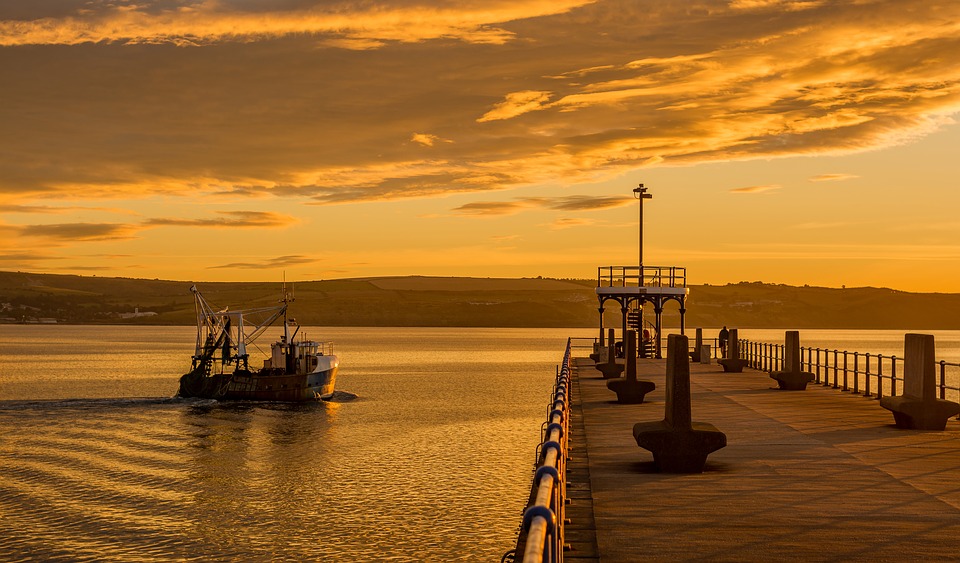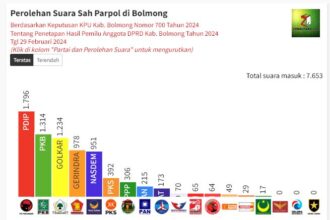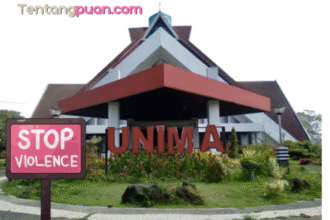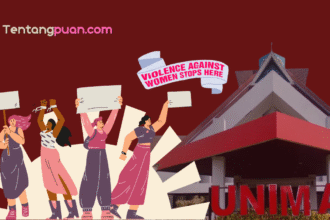MANADO, ZONAUTARA.com – Borgo is one of several ethnic groups in Manado City. They are actually the result of intermarriage between Europeans and natives in the colonial period. Borgo’s own term is derived from the Dutch vocabulary Vrijburger, meaning free citizen. This privileged status is given because of the European blood that flows within them.
According to Paulus Heydemans, historian Borgo, the origin of Borgo people originated from the arrival of the Portuguese and Spanish to search for spice centers in the Maluku Islands region. On their way, Manado was often used as a stopover. At the time, Manado was inhabited by the ethnic Bowontehu.
The Portuguese first reached the center of spice which was in the territory of two Islamic kingdoms namely the Sultanate of Ternate and Tidore Sultanate. The Portuguese arrived in Ternate around 1512. The early arrival of the Portuguese to Ternate was welcomed by the Sultan of Ternate. Following then the Spanish, who also received a good reception by the Tidore Sultanate.
“Portuguese and Spanish people are mostly single, and then they married with the people of Maluku,” said Heydemans.
Then the marriage was born people who called Mistico. The term refers to a person born of a native mother and a European father. When the Portuguese and the Spanish came to Manado, many of these Mistico people were brought along. In Manado, these people mingle with the locals. While the Portuguese and Spanish also married with local people.
Around the 1600s the Netherlands came and get rid of the Portuguese and Spanish. The arrivals of Netherlands take changes in North Sulawesi, especially in Manado City. The Arrangements of Modern European law began to take effect. Even so, the beginning of the Dutch arrival to North Sulawesi did not directly change the rules of indigenous peoples that already exist in North Sulawesi.
Initially the Dutch only impose their law to fellow Europeans. Meanwhile, indigenous people are allowed to continue to use customary law. The Mistico people and mixed Dutch descent were put into the supervision of Dutch law.
“They are already living with a mixed culture. From the way of dress and lifestyle are also alienated from custom. So Dutch give status to them, it called Vrijburgers, meaning free citizens, “explained Heydemans.
According to Heydemans, from Vrijburger then their term evolved into Burger and finally known as Borgo. In the Dutch period they were exempt from taxes and paid wages from the Netherlands by working to help the soldiers.
“The tax-free status of the Burgers is not unconditional. They must declare loyalty to Dutch Government, “he explained.
Howeve, Burger status is not only destined for Dutch citizens of European-Native descent only. Many also pure native who are loyal to the Netherlands, raised their status to Burger.
“They were given a letter stating that their status was Burger. Burger is not just a Christian. There are also many Muslims, such as the Canon clan,” he concluded.
The Borgo clans are generally like European clans such as Frans, George, Thomas, Lucas, Paul, Van Behen, Van Bone, Douwesdekker, Meyer, Winter, Marcus, Setlight, Heydemans, Gontha, Matheozs, Andries, Boulegraaf, Molenaar, Fredrick, Golose, Van Derslood, Canon, and others.
Until now the Borgo people continue to maintain their unique cultural originality. Culture formed by mixing between Bowentehu, Minahasa, Maluku, Portuguese, and Spanish.
Editor: Rahadih Gedoan








